On January 27, 1945, Auschwitz was liberated, marking a pivotal moment in history.
International Holocaust Remembrance Day commemorates this event, urging us to reflect on the 1.1 million lives lost and the survivors’ resilience.
Haunting photos from the site remind us of the horrors endured and the importance of remembrance.
Check out the photos below:
1. Portraits of Auschwitz
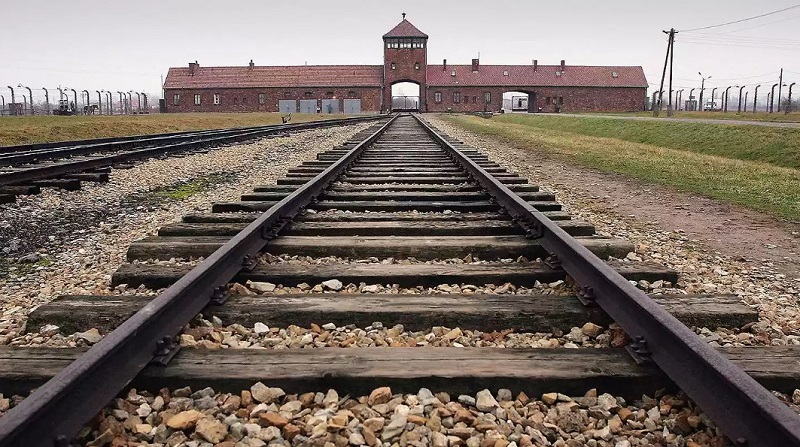
The train tracks leading to the camp.
2. Portraits of Auschwitz
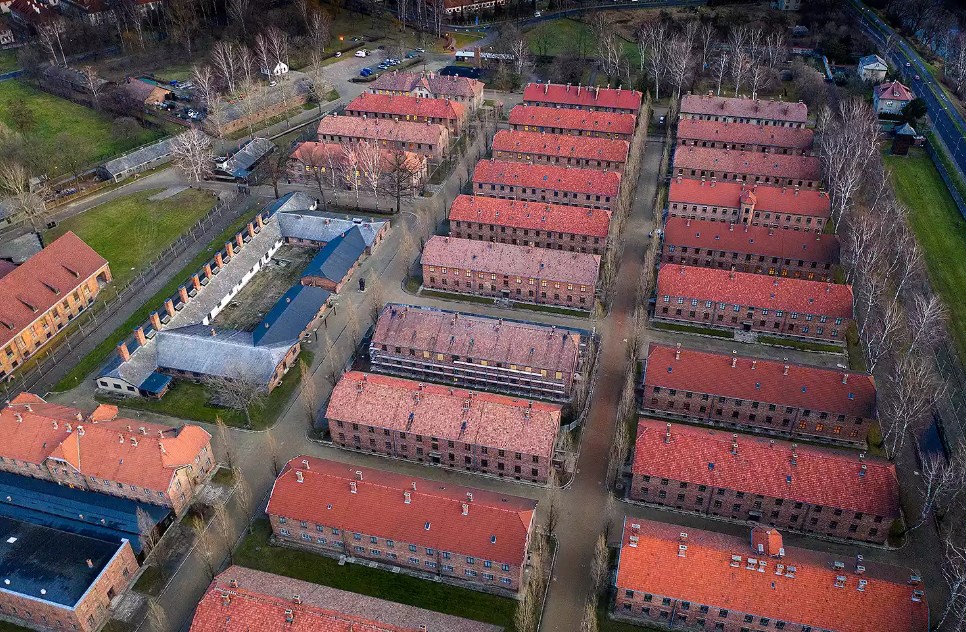
2. An aerial view of the Auschwitz I extermination camp in Oswiecim, Poland.
3. Portraits of Auschwitz
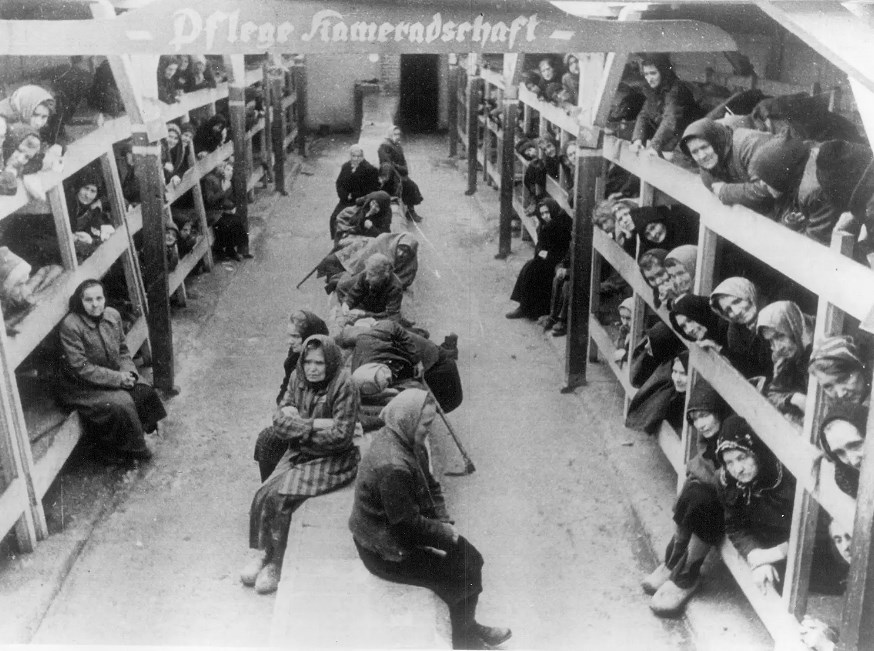
Women prisoners are pictured here in their bunks.
4. Portraits of Auschwitz
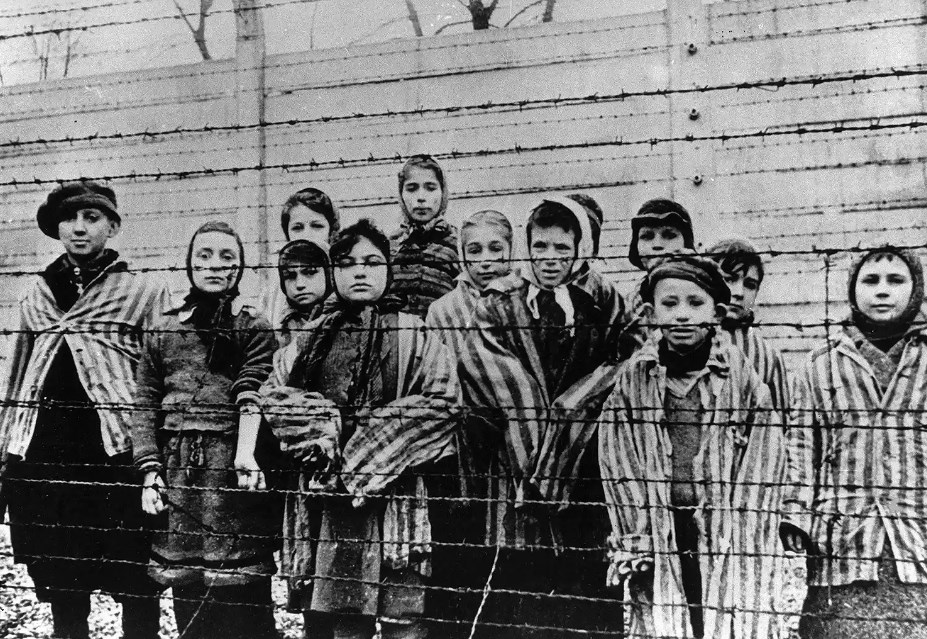
Children who survived the death camp are pictured shortly after the liberation.
5. Portraits of Auschwitz
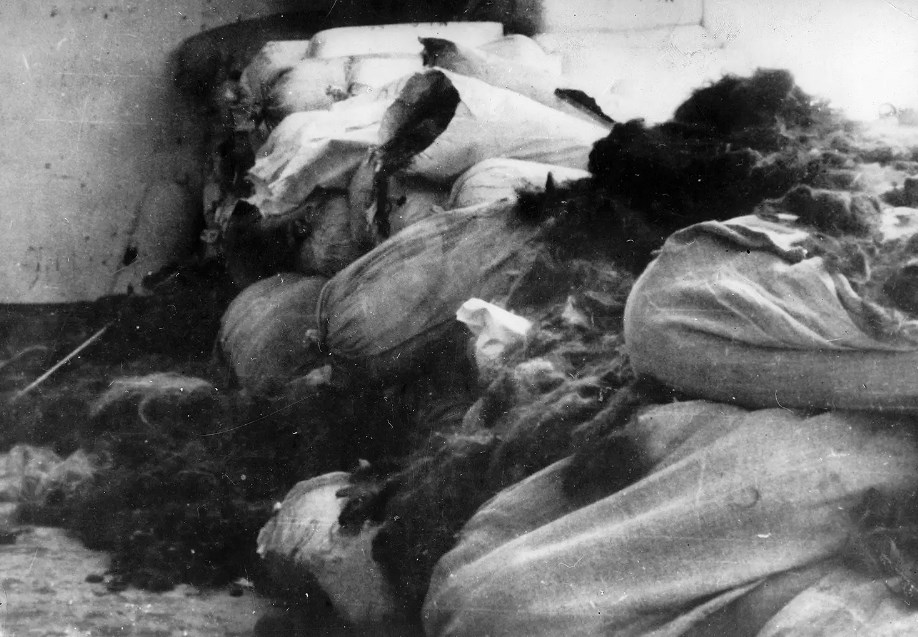
Seven tons of hair were found after the liberation of the Auschwitz concentration camp, in the depots.
6. Portraits of Auschwitz
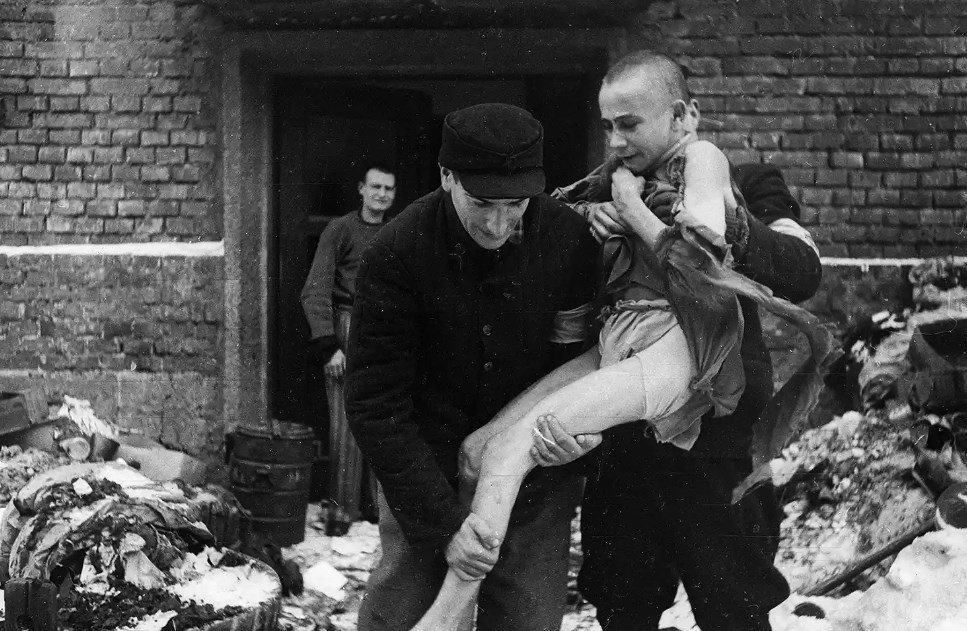
A photo of 15-year-old Ivan Dudnik being rescued from the camp in February 1945.
7. Portraits of Auschwitz
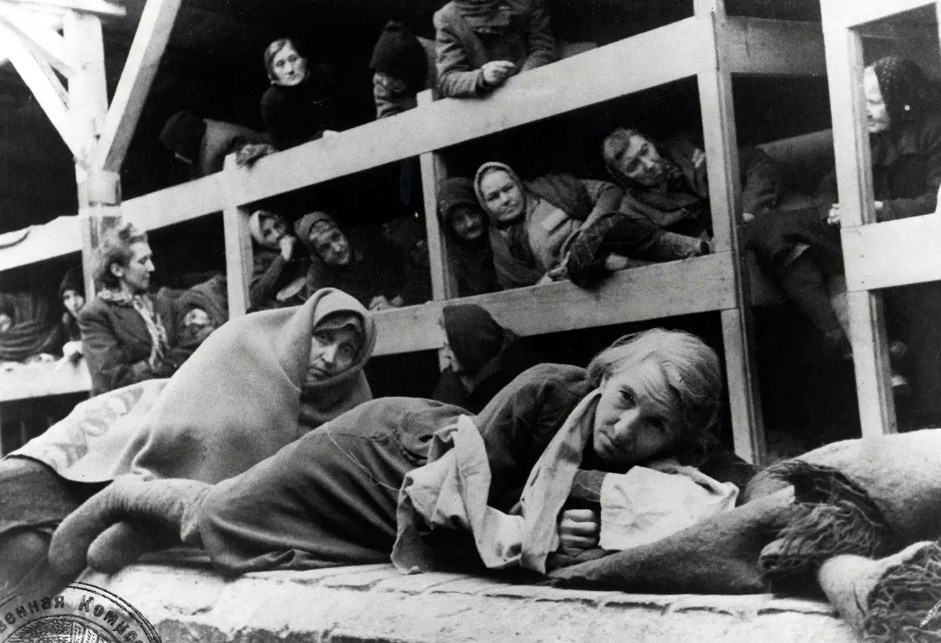
A group of women in the barracks is pictured here in a photo taken by a Russian photographer shortly after the camp’s liberation.
8. Portraits of Auschwitz
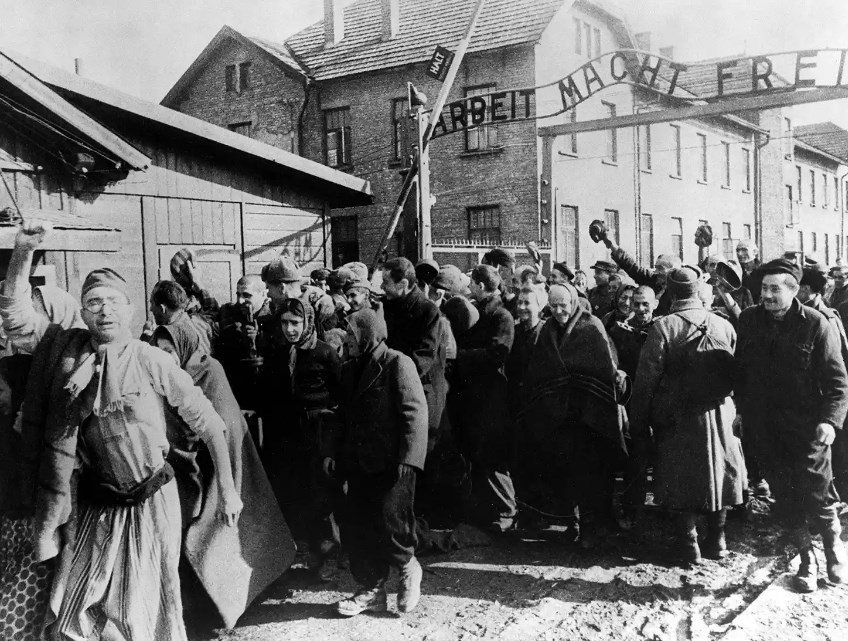
Survivors of Auschwitz leaving the camp at the end of World War II in February 1945.
9. Portraits of Auschwitz
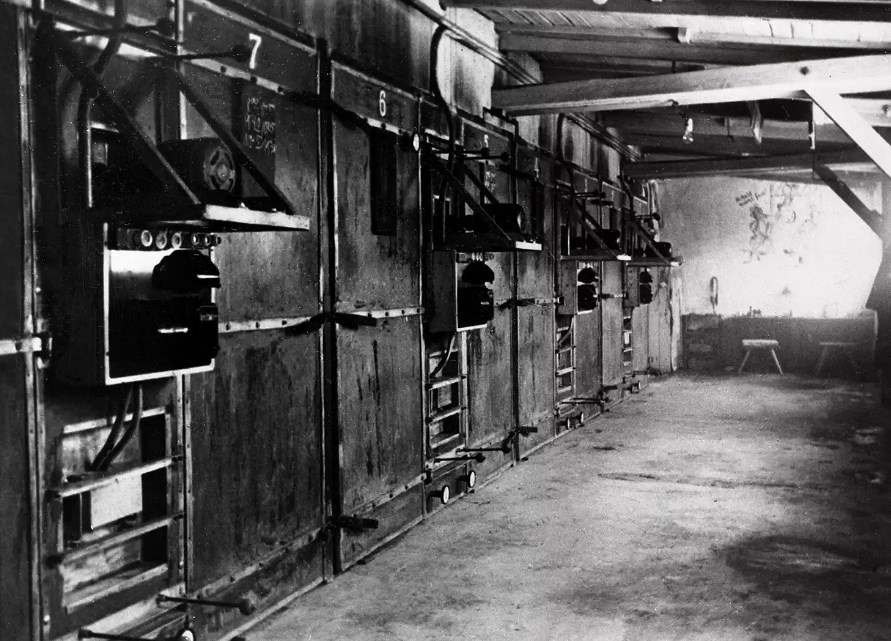
Crematorium III at Auschwitz concentration camp, Poland, taken in January 1945.
10. Portraits of Auschwitz
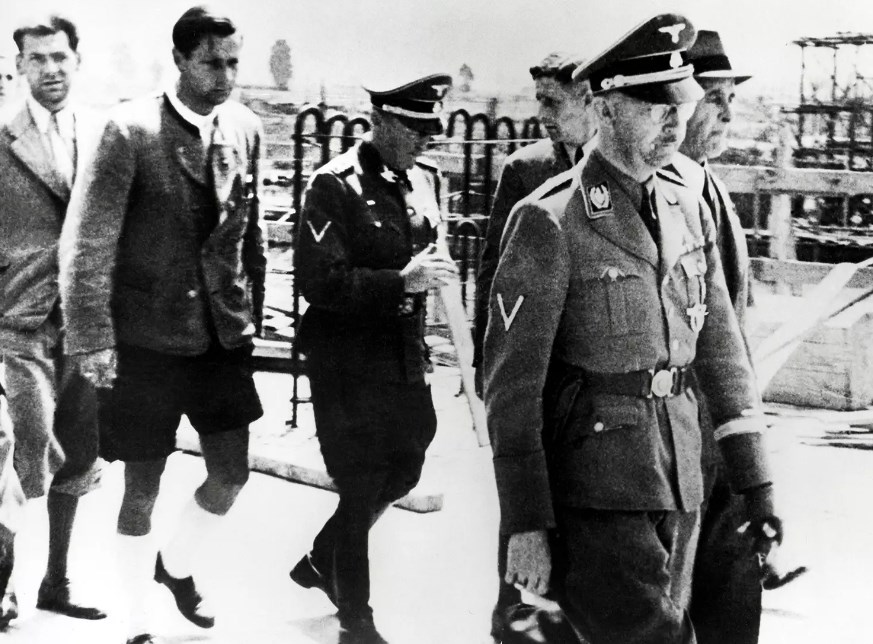
SS Heinrich Himmler and Chief Engineer Max Faust during Himmler’s visit to Auschwitz in July 1942
11. Portraits of Auschwitz
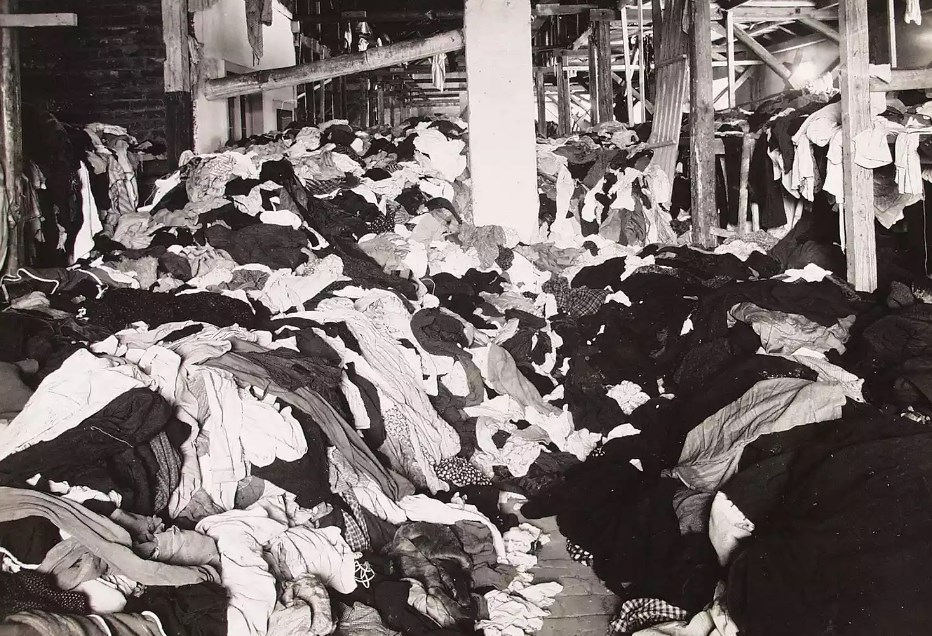
Piles of personal belongings left after mass extermination at Auschwitz-Birkenau.
12. Portraits of Auschwitz
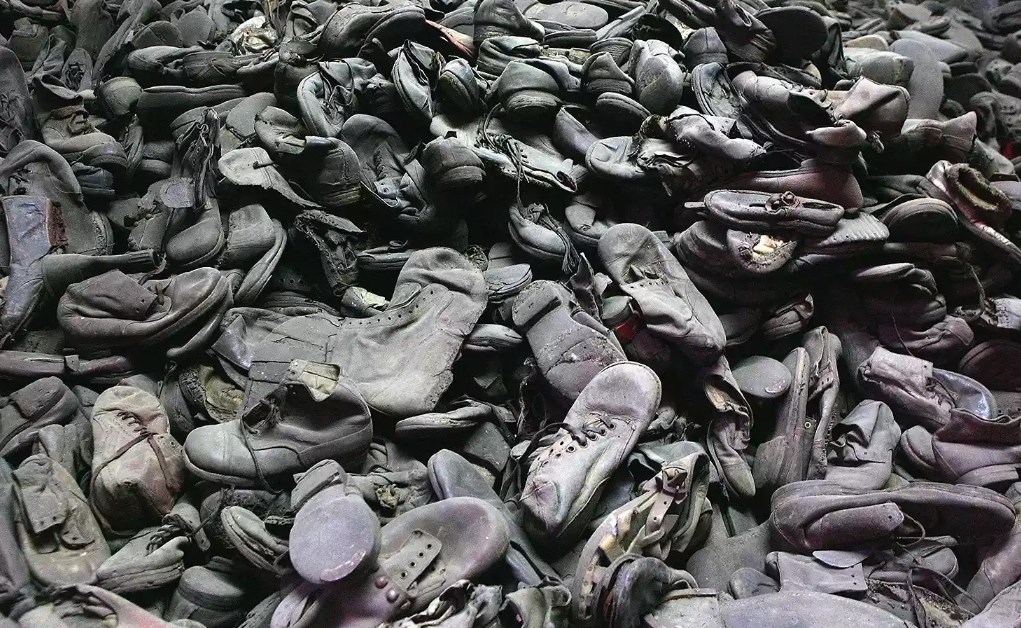
A mass of footwear removed from the men, women and children, taken at the Auschwitz Concentration Camp Museum.
13. Portraits of Auschwitz
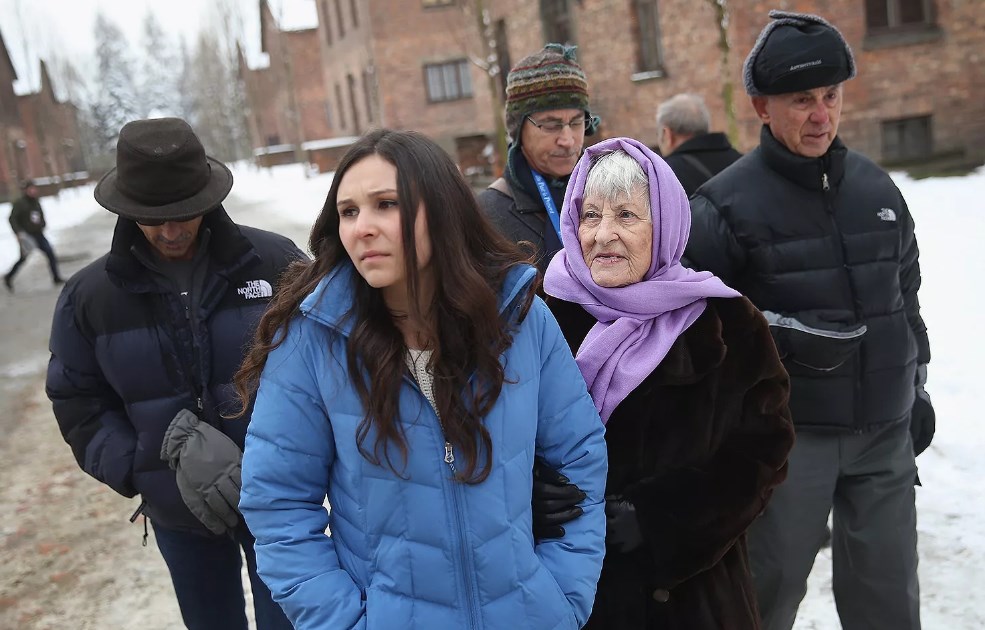
Rose Schindler, a survivor of the Auschwitz-Birkenau concentration camp, walks through the camp with her granddaughter, husband and sons.
14. Portraits of Auschwitz
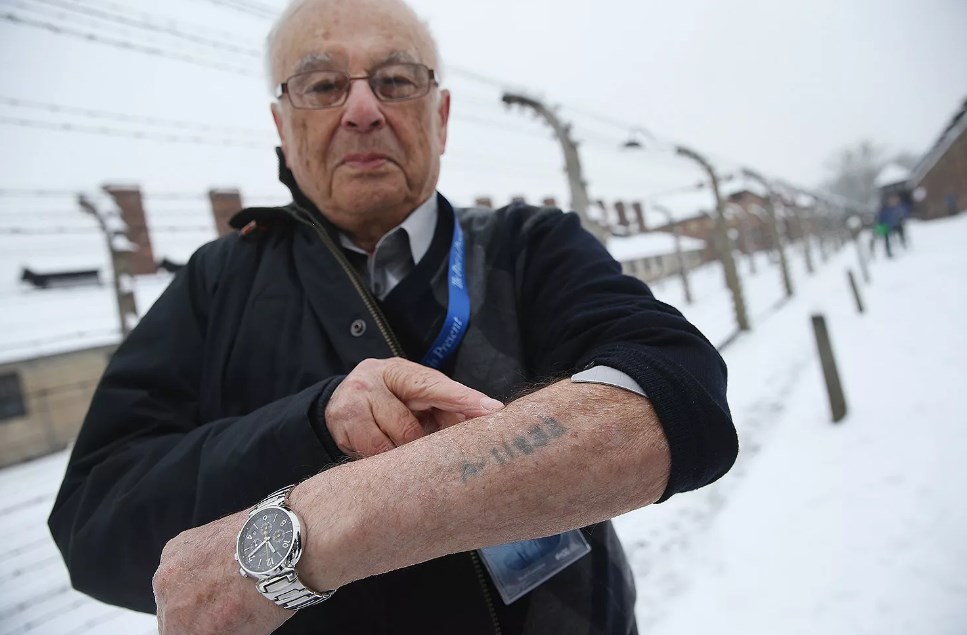
Romanian-born Jack Rosenthal, who was imprisoned at Auschwitz and other concentration camps at 14 years old
15. Portraits of Auschwitz
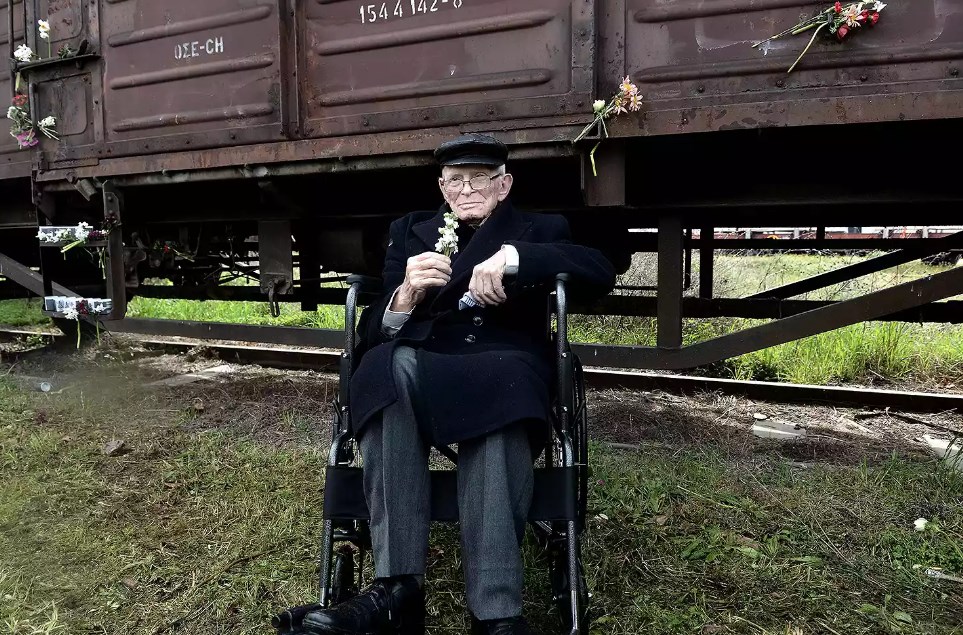
Holocaust survivor Moshe Aelion poses holding a flower in front of a train-wagon in the old railway station in Thessaloniki, Greece.
Images that Tell a Story
Photographs from Auschwitz’s liberation capture more than the atrocities; they reveal resilience, survival, and humanity’s enduring spirit.
Survivors’ faces tell stories of loss and strength, urging us never to forget.
These images stand as a testament to the courage of those who endured and the solemn duty of remembrance.
Why We Remember
The liberation of Auschwitz is more than a historical event; it is a call to action. Indifference and inaction allowed such atrocities to occur, and remembrance ensures we remain vigilant against hatred and prejudice.
Holocaust survivor Elie Wiesel’s words remind us of the dangers of forgetting and the importance of compassion.
The Legacy Lives On
As the world pauses to remember, survivors’ stories, like those of Wiesel, inspire action against injustice.
The Holocaust’s lessons echo in our collective memory, ensuring future generations understand the weight of indifference and the power of resilience.
Story originally published at People.com